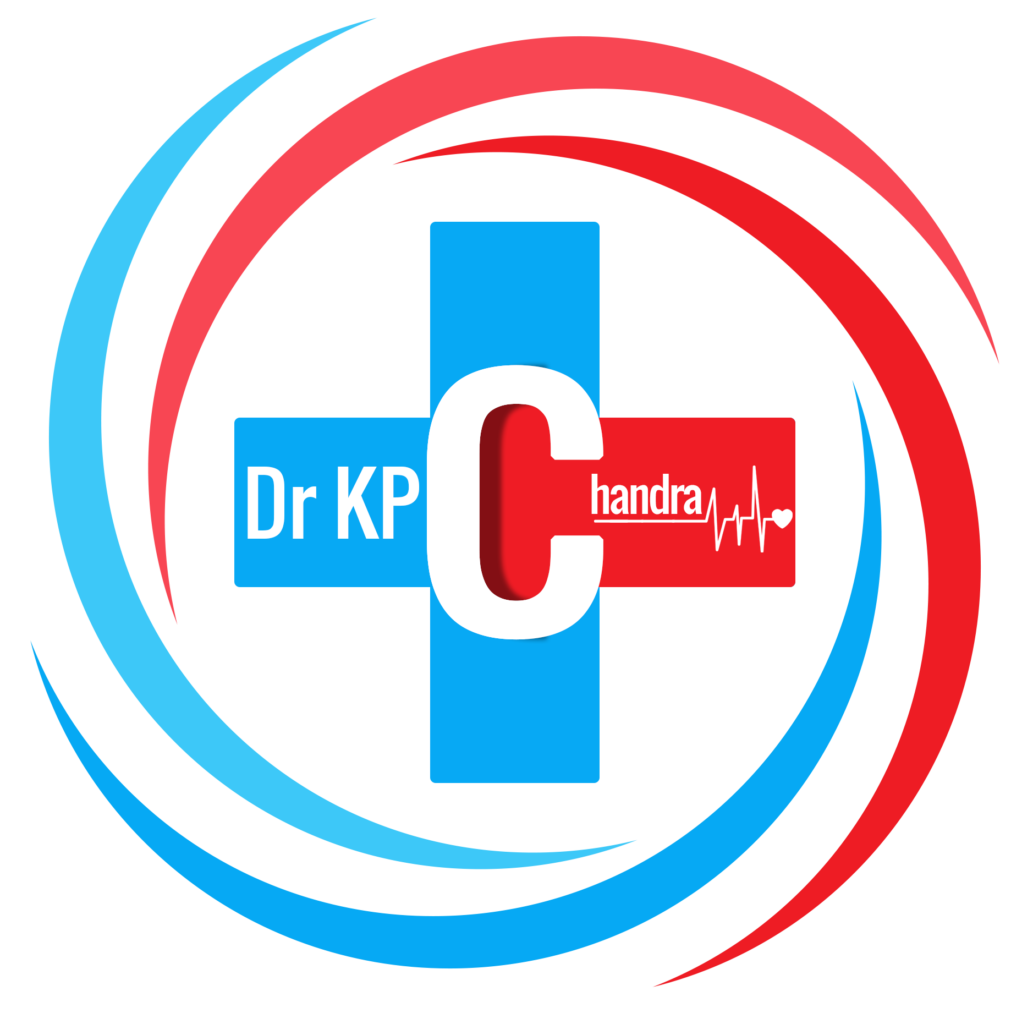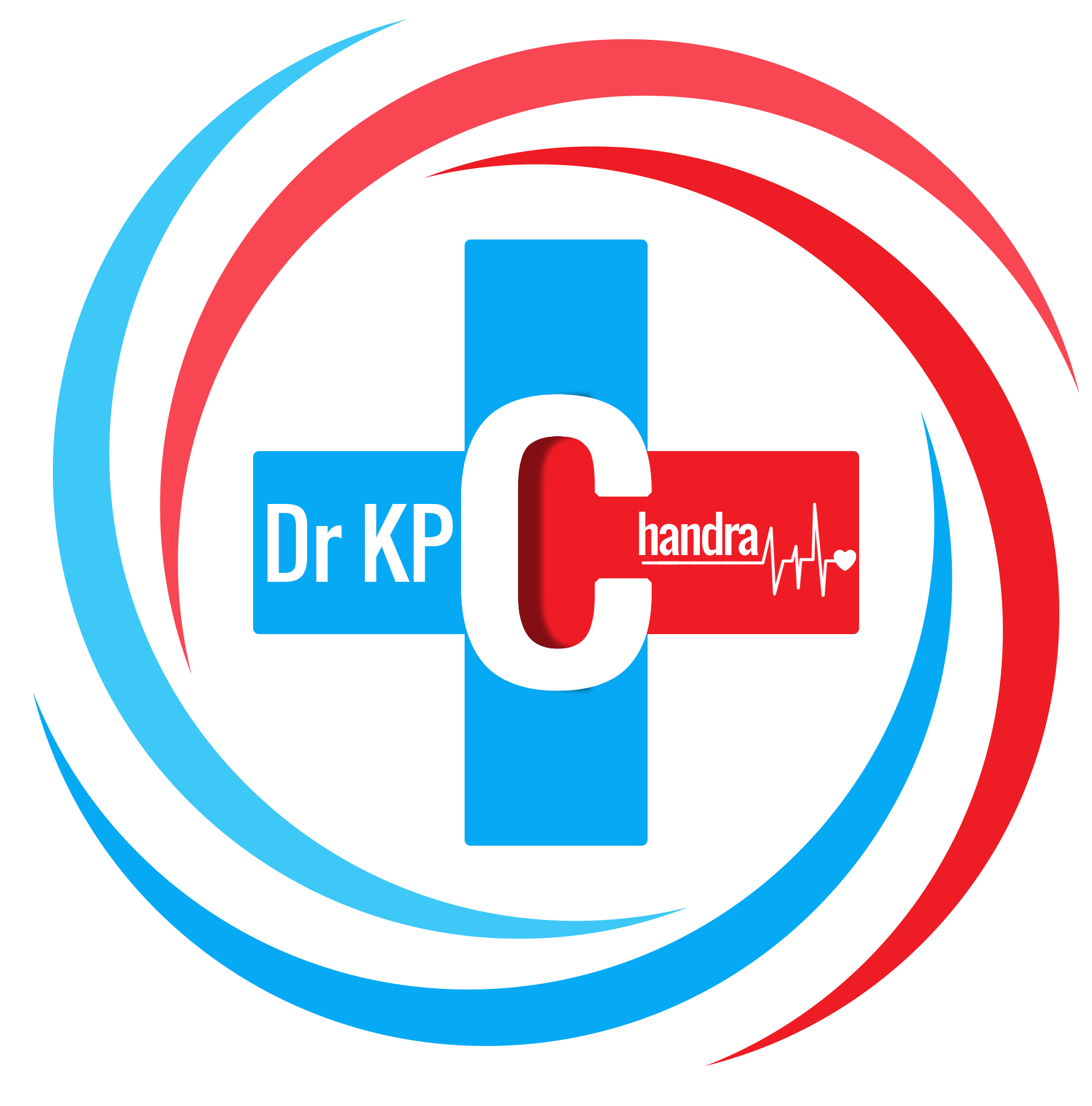- 05223593056
- +91 8604804125
- Address: 4/658, Virat Khand Rd, Vijayant Khand, Gomti Nagar, Lucknow, Uttar Pradesh 226010
Complications Of Diabetes
Effect of diabetes on the body or complications of diabetes
Diabetes is a disease of hurdle. It does not have many symptoms of its own to a great extent, and that’s why people don’t take it soberly, thinking that they do not have any signs even at 300-400 blood sugar levels! Over time, high blood sugar levels have an effect on all the body parts – right from your head to toe. Diabetes is close to termite infestation in the wood – the wood would look great from outside while it is being damaged at a slow pace from the inside due to the termite.
Common complications of diabetes are:
Stroke – Stroke is a state in which part of the body can get paralyzed due to blood vessels getting clotted or bleeding inside the brain. People with diabetes are at a larger possibility of stroke. If blood sugars are unconstrained, this risk gets bigger. Hence, it is important to recognize early indications of a stroke like unanticipated weakness on one side of the body, sudden onset of prickle or lack of sensation on one side of the body. You should go to an emergency if you figure out such symptoms. Early identification and treatment can cease it from progressing and also improving the signs to a great level. To avoid the risk of these to happen, keeping diabetes under control is very important. Depending on the patient to patient – Diabetologists may suggest cholesterol-lowering medications and blood thinner medicine like aspirin. Have words with your doctor about these medications if they would be sensible for you or not.
Heart attack – A heart attack is a common condition nowaday which creates a blockage to the blood supply to a heart. People having diabetes are at increased risk of this, affecting people at a much younger age if they have a problem with diabetes. Representative symptoms of a heart attack are pain on one side of the chest, which may be correlated with sweating, dizziness, etc. Some people might not have the same symptoms, especially women who might have some chest soreness, which might confound gastric or stomach problems. It is always good to get a heart check-up once a year to help pick up issues on time and not ignore the symptoms. If you have any of these symptoms, you should go to the nearby hospital with urgent heart interposing facilities.
Retinopathy – Endocrinologists consider Diabetes to affect all parts of the eye and can cause early cataracts, glaucoma, affect the retina – causing retinopathy. The worry with retinopathy is people don’t have any specific symptoms because of that, and people can suddenly become blind due to it. Now, talking about the positive edge – retinopathy typically progresses very slowly over the years. Even if you get your eyes checked, including the retina check or fundoscopy as called in medical language, it can help pick it up in the early stages. It can be easily treated with laser treatment in the early stages if treated on time, and you can stop sudden loss of eye vision.
Neuropathy – The consequence of diabetes on the nerves is called neuropathy. Depending on the zone where the nerves are involved, people can have a flaming sensation in their feet, tingling, or numbness in their feet. There can be sensation in the feet, and sometimes it feels as if you are walking on cotton and have difficulty wearing your slippers.
Autonomic neuropathy – When the nerves all over the intestine or abdomen are affected, it is called autonomic neuropathy – this can lead to digestion problems, leading to a feeling of fullness, acidity, etc.
Skin infections – Diabetes can affect your skin in different ways – some mild symptoms like dryness of skin, skin pigmentation, and serious issues with repetitive infections. In addition to controlling blood sugars, one would need particular treatments to treat these problems.
Dental problems – People having diabetes are more at risk of having repetitive dental infections, gum swelling, pyorrhoea, and losing their teeth much earlier. Once a year, a dental check-up must screen for these problems on a timely basis.
Kidney failure – This is one of the serious problems with diabetes. Diabetes is the main cause of kidney failure. Diabetes affects the blood circulation in the kidneys. That is why it is important to seek Diabetes treatment. It leads to leakage of protein in the urine in small amounts – a condition known as “Microalbuminuria” – which over some time can progress to the increased amount of protein in the urine – called “Macroalbuminuria” and further on to “Nephrotic Syndrome.” The main sign of kidneys getting affected due to diabetes is “microalbuminuria.” It takes much longer for the kidney function test (blood tests) to become abnormal. Identifying the condition on time and treating it on time can help halt or reverse the process of kidney damage.
Vascular problems – The blood vessel walls get hard in people with diabetes, compromising the body’s circulation. It can lead to leg pain on walking or even poor wound healing in the legs and hands.
Diabetic foot – This can result from reduced circulation in the legs or nerve damage, or a combination of both. There tends to be poor wound healing volume of the body due to which a minor injury can lead to significant infection in the foot, which at times might even need amputation if not taken care of on time.
Increased risk of cancers – Obesity Doctors state that Diabetes is often related with obesity, and the combination of two puts people at more risk of some cancers like breast cancer, uterine cancer, prostate cancer, to name a few.
Our Best Diabetologist/Cardiologist In Lucknow

DR. KUMAR PRAFULL CHANDRA
- Fellow, Indian college of physician
- Fellow of Euro-Asia Academy of clinical Diabetology; The Netherlands
- Fellow, Indian Society of Hypertension
- Fellow, Uttar Pradesh Diabetes Association
- Fellow, Indian Society of chronomedicine
Director; Department of Medicine, Healthcity Multi-specialty Hospital, Gomtinagar, Lucknow
18+ years of experience
Appointment Schedule
09:0am – 02:00pm
Monday -Saturday
09:0am – 02:00pm
Monday -Saturday

